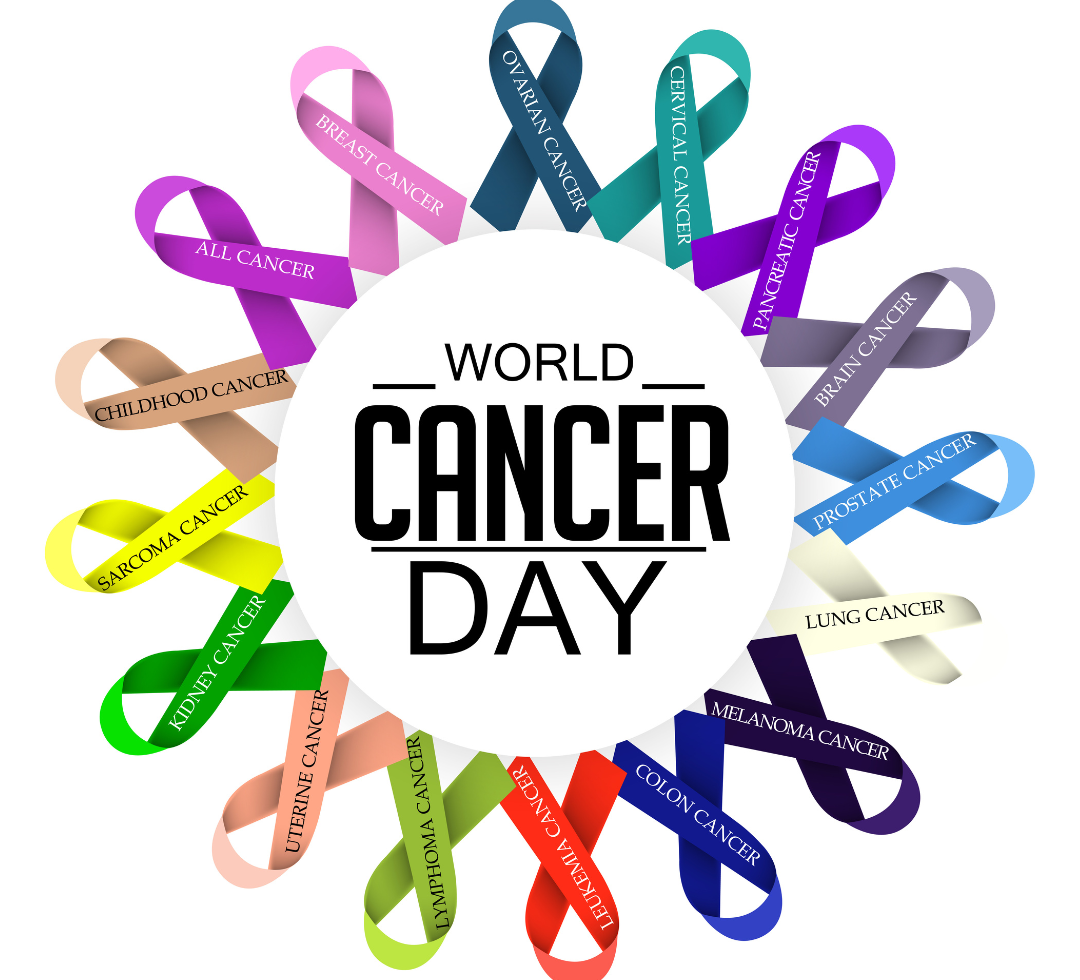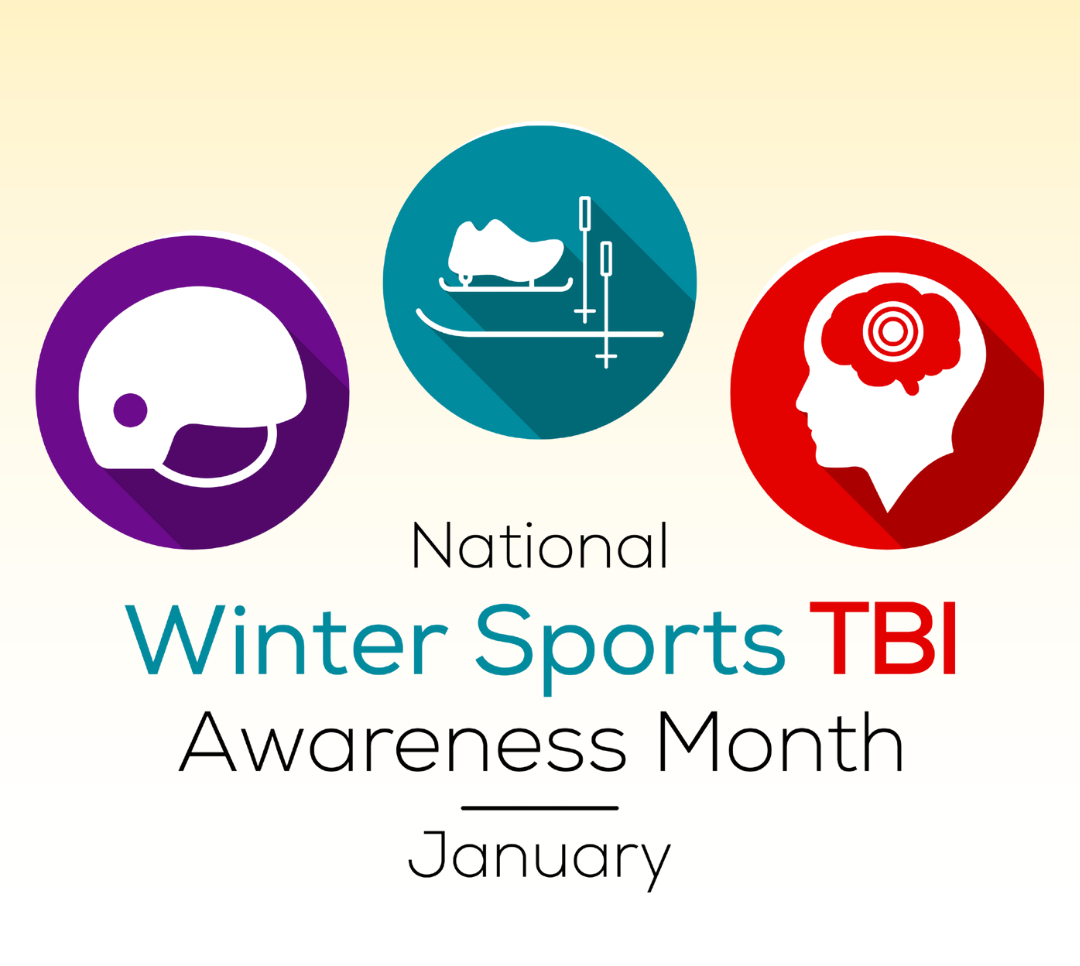World Cancer Day
February 4 is World Cancer Day. Why is this important? More than 10 million people die from cancer each year, and that number is expected to grow. It is the second leading cause of death worldwide.
We know more about cancer than ever before! Learn more about ways you could reduce your chance of developing cancer. At least 1/3 of cancers are preventable.
Not every risk factor is changeable, but there are lots of ways to reduce your risk.
Ways to Reduce Your Risk
- Choose a healthy lifestyle. Proper diet, physical activity, and maintaining a healthy weight all help reduce your risk.
- Reduce how much you drink. Alcohol is linked with cancers of the mouth, bowel, and breast, among others.
- Quit smoking and using other forms of tobacco. Use of tobacco has been found to cause 15 different types of cancers!
- Avoid ultraviolet radiation, such as the sun and tanning beds. Take care if you must be outdoors. Stay in the shade, cover your skin, wear sunscreen, and do self-examinations.
- Get regular checkups and cancer screenings. Virginia’s Every Woman’s Life program offers free breast and cervical screenings.
- Talk to your doctor about HBV and HPV vaccines, which can help reduce the chance of liver, cervical, and other cancers.
- Lower your exposure to radon. Test your home for radon with an inexpensive test from the VDH.
Join us on World Cancer Day and take a step toward reducing your risk for cancer. Every step reduces your risk.



